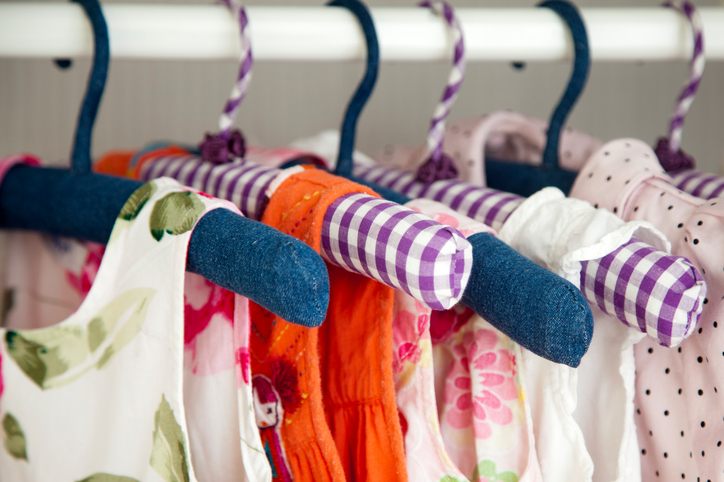Finding the right clothing for a child with sensory issues can be difficult. From the innermost layers to the outermost layers, any clothing with an unwanted texture can spell disaster for the day. However, knowing your child’s preferences can help you to plan out their wardrobe for maximum comfort. Your child may prefer heavy clothing that provides more proprioceptive input or soft clothing that comforts and doesn’t lead to sensory overload. Whatever your child prefers, they’ll be sure to let you know! Let’s take a look at the different layers of clothing and what your options are.
Inner Layer
This is the clothing that’s directly in contact with the skin. We have millions of nerve endings in our skin, and children with Sensory Processing Disorder, Autism, or ADHD are all the more sensitive to touch. This means that underwear and t-shirts without tags will be best to avoid that scritchy-scratchy feeling of tags. If your child is sensory-seeking, then finding a t-shirt that fits snugly will provide extra pressure. Many children who are sensitive to touch find the seams in socks to be uncomfortable. Check out SmartKnitKIDS for some comfy, seamless alternatives.
Middle Layer
The next layer consists of shirts and pants. Try to go for sensory-friendly clothing that fits snugly and doesn’t have a lot of distracting bulk. Make sure the materials used for the clothing you choose are not made of anything itchy. Cotton or cotton stretch are great materials for moveable, breathable clothes that fit well. If your child is sensory-avoiding, check out Teres Kids, a company that creates loose, tagless clothing for optimum comfort. If you have a child who wants to wear a skirt but is bothered by the hem of the skirt brushing up against their legs, try providing leggings to wear under the skirt.
Outer Layer
This layer is where you can really add on some sensory-friendly clothing that provides sensory input for children who are sensory-seeking. A hoodie, weighted vest, or compression vest are all great choices for outer layers that offer different types of sensory input. Plus, your child can decide whether and when they want to wear this layer.
The Connections Therapy Center
The Connections Therapy Center serves families of children and adolescents with disabilities and special needs. We are a team of experts in the fields of pediatric speech, occupational therapy, speech-language pathology, and behavioral sciences. As a team, we offer intensive hands-on therapy for children and adolescents, as well as informative and useful resources for families. If you are interested in learning more about what we can do to help your family, visit us online or give us a call at (202) 561-1110 (Washington, D.C. office) or (301) 577-4333 (Lanham office). Want to get more information on how to help your child thrive? Follow us on Facebook, Twitter, LinkedIn, Google+, and Pinterest.
Source: 1

